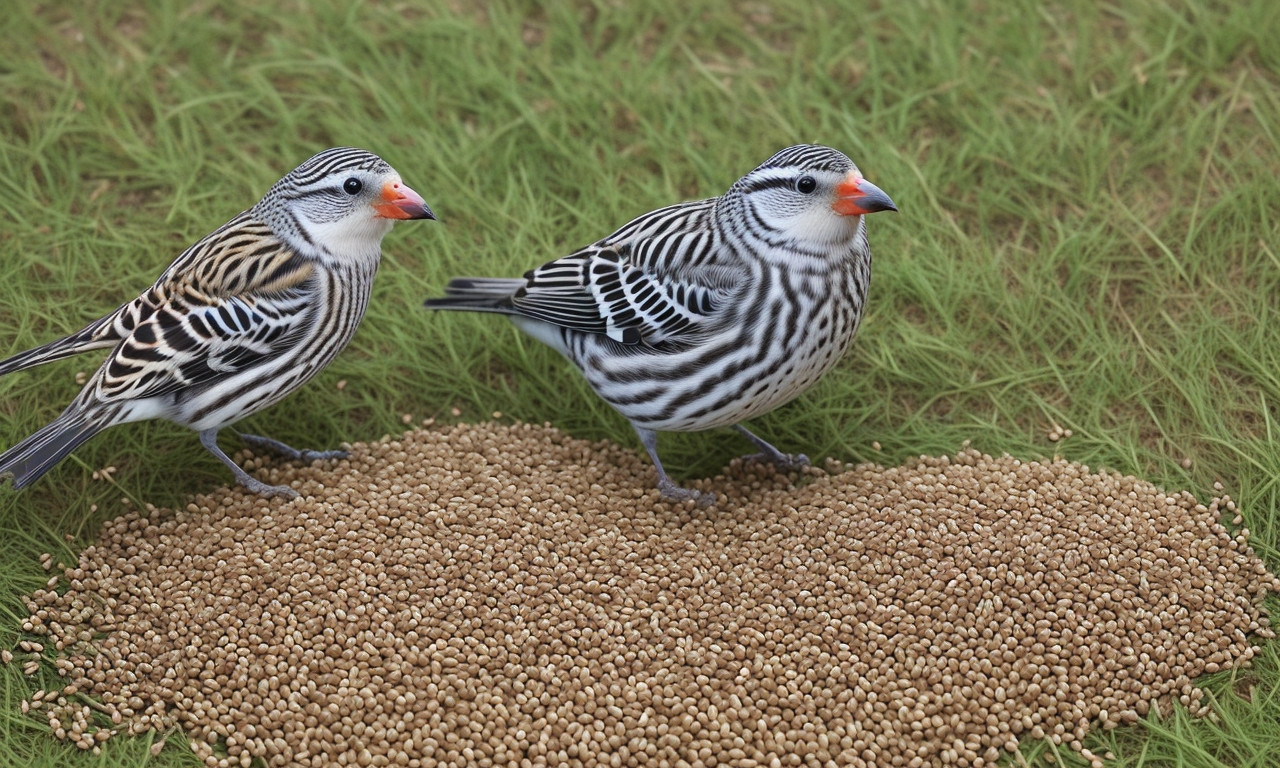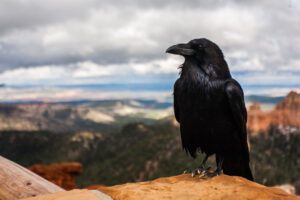Bird lovers and garden enthusiasts alike know the sheer joy that comes from feathered friends visiting their outdoor spaces. From the delicate chirps at dawn to the vivid flashes of color swooping through the sky, birds bring a natural vibrancy to any garden. Creating a bird-friendly habitat starts with the right nourishment—the magical allure for a diverse range of wild birds. This comprehensive guide is curated to help you select the best bird seed mixes, ensuring that your backyard becomes a bustling hub for avian activity.
Unveil a Feast: Premium Picks for Wild Birds
Choosing the perfect bird seed is akin to selecting a fine dining experience for your avian visitors. Each species has its own dietary preferences, from sunflower seeds that attract cardinals to nyjer seeds favored by finches. We’ll dive into the finest selections tailored to entice a variety of wild birds, turning your garden into an enchanting retreat.
The Sunflower Sensation: A Universal Favorite
Sunflower seeds are the crowd-pleasers of the bird seed world. Renowned for their high oil content and nutritional value, these seeds offer energy and sustenance for a multitude of birds.
Related article; best pet birds for beginners
- Black Oil Sunflower Seeds: These are the most popular and universally accepted among a wide range of birds. Their thin shells are easy for birds to crack open, even for smaller species.
- Striped Sunflower Seeds: Larger and tougher to open, these seeds are preferred by bigger birds with stronger beaks. They’re ideal for inviting birds like grosbeaks, blue jays, and cardinals.
Expect black oil sunflower seeds to be an instant hit in your garden—they are, without a doubt, a top choice for bird enthusiasts.
Related article; best food for birds
Nutritious and Attractive: Safflower Seeds
If you’re looking to welcome a variety of birds while keeping the more aggressive species at bay, safflower seeds are your pick. Notoriously disliked by squirrels and some common bully birds, these seeds are a specialist’s delight.
Related article; best talking birds
- Safflower Seeds: Offer a bitter taste that’s typically more appealing to songbirds such as chickadees, doves, and titmice. They’re also beneficial in dissuading squirrels from raiding your feeders.
The Tiny Titans: Nyjer Seeds for Finches
Nyjer, or thistle seeds, are tiny powerhouses packed with energy. They are especially well-suited for small-beaked birds and are almost exclusively favored by various species of finches.
Related article; best birds for home
- Nyjer Seeds: Known to attract finch species like the American Goldfinch, Pine Siskin, and Common Redpoll. These seeds require a special feeder but are worth the extra setup to enjoy the vibrant sight of feeding finches.
Wholesome and Hearty: Mixed Seed Blends
For birdwatchers looking to entice a broader spectrum of birds, mixed seed blends may be the perfect solution. These blends usually combine several types of seeds, catering to different tastes and bird species.
Related article; woodpecker alabama
- Quality Mixed Blends: Should contain a balance of sunflower seeds, millet, cracked corn, and other grains. Avoid cheap mixes that include "filler seeds" which most birds will simply discard.
Millet: The Ground-Feeding Gratification
White proso millet is a favorite among ground-feeding birds. When sprinkled liberally on the ground or in tray feeders, it quickly attracts a bustling scene.
Related article; best birdwatching binoculars
- White Proso Millet: Loved by sparrows, juncos, and quails, millet serves as a simple yet effective way to make your garden irresistible to ground feeders.
Attracting Birds to Your Bountiful Banquet
With the top bird seed selections unveiled, it’s vital to understand how to best offer these seeds to your avian visitors. Ensuring that the seeds remain fresh and the feeders clean will keep the birds returning day after day.
Related article; owl legs guide
The Art of Seed Presentation
The method of presenting bird seed is just as important as the seed quality itself. Different seeds and the birds they attract might often require distinct types of feeders.
Related article; best white birds
- Tube Feeders: Ideal for finer seeds like nyjer or black oil sunflower seeds, preventing spillage and allowing multiple birds to feed at once.
- Hopper or House Feeders: Best for mixed seed blends, these feeders protect the seeds from the elements and can accommodate larger birds.
- Platform or Tray Feeders: Perfect for millet and ground-feeding birds, as they mimic natural foraging environments.
Location, Location, Location
Just as in real estate, the placement of your bird feeders can significantly impact the variety and quantity of birds that visit. Birds need to feel safe from predators while feeding, so consider placing feeders near sheltering trees or shrubs but in a clear line of sight from your viewing area.
Freshness Factor
The freshness of bird seed can greatly influence its attractiveness to birds. Store your seeds in a cool, dry place and regularly refresh the contents of your feeders, removing any damp or moldy seeds. Remember, a clean feeder is a busy feeder.
Understanding Bird Preferences
While it’s wonderful to have a wide variety of seeds available, observing the preferences of your local bird population can lead you to focus on their favorites. Pay attention to which seeds are consumed the fastest and adjust your offerings accordingly.
The Ecosystem Connection: Birds and Your Garden
Inviting birds to your garden isn’t just about the beauty and enjoyment they bring; it also has ecological benefits. Birds play a crucial role in pest control, flower pollination, and seed dispersal, contributing to a healthier and more vibrant garden ecosystem.
Natural Pest Control
Birds are nature’s pest control agents, often feeding on insects that can be detrimental to your garden. By providing bird seed, you encourage this natural form of pest management, ensuring that your plants remain healthy and thriving.
Agents of Pollination and Seed Dispersal
Many bird species contribute to flower pollination as they move from plant to plant, searching for nectar. They also assist in seed dispersal, helping to spread plant species throughout your garden, which can enhance its biodiversity.
Final Musings on Feathered Friends
A well-stocked and thoughtfully arranged backyard that caters to the dietary needs of wild birds can transform a simple garden into a dynamic habitat brimming with life. Whether it’s the sunflower sensation that draws in the cardinals or the tiny titans that the finches can’t resist, each seed plays its part in the symphony of birdwatching.
Quality bird seed selection is a cornerstone in building a sanctuary for wild birds, but it’s the commitment to maintaining a welcoming and nutritious environment that truly turns a backyard into a birdwatcher’s Eden. Embracing this guide’s insights will not only attract feathered friends to your garden but also entrench you in the rhythms of the natural world, cherishing each visit as a privilege and an opportunity to connect with nature.
So, set the stage with the perfect blend, keep those feeders filled and fresh, and prepare for the delightful spectacle of wild birds gracing your outdoor space. Your garden is set to become not just a spot for serene observation but a haven where the wild birds can thrive and grace your days with their endless wonder.




